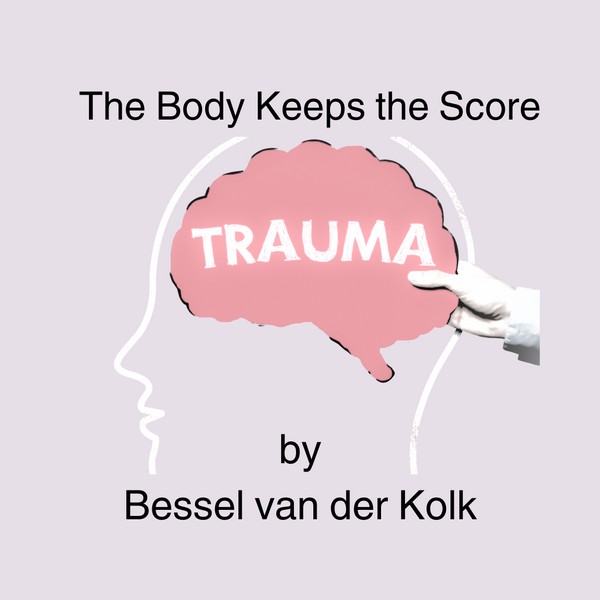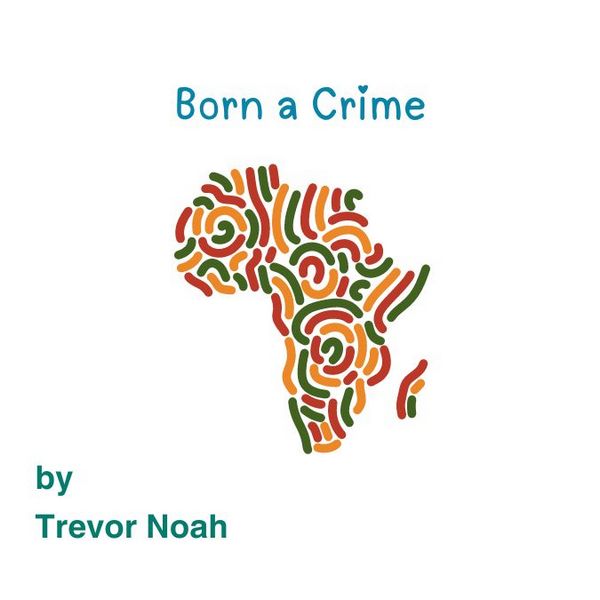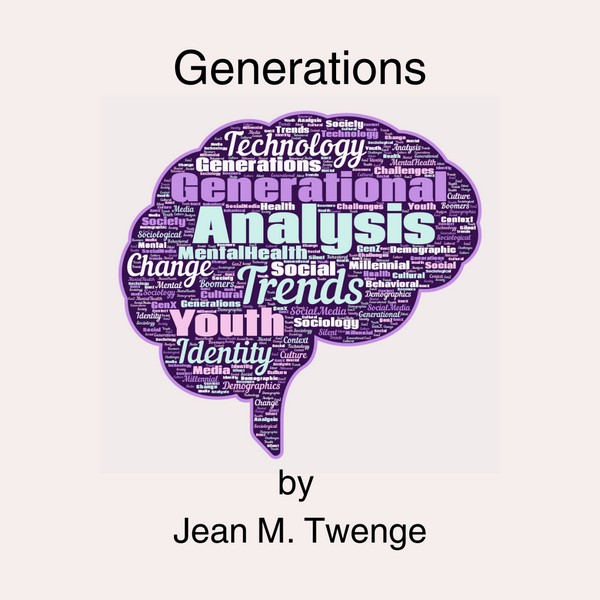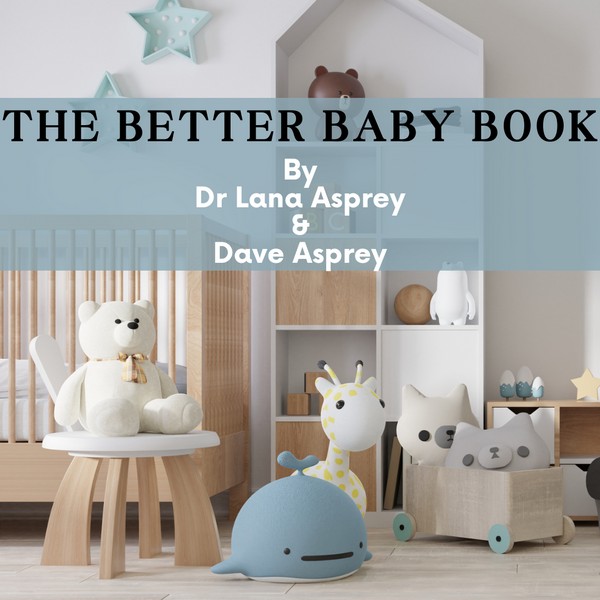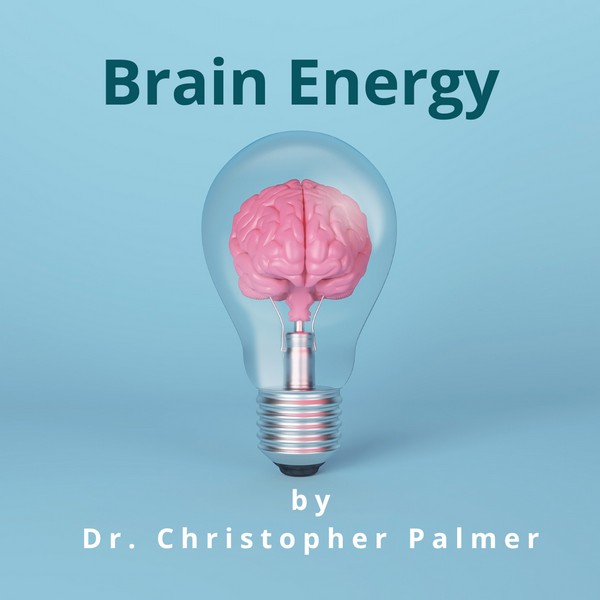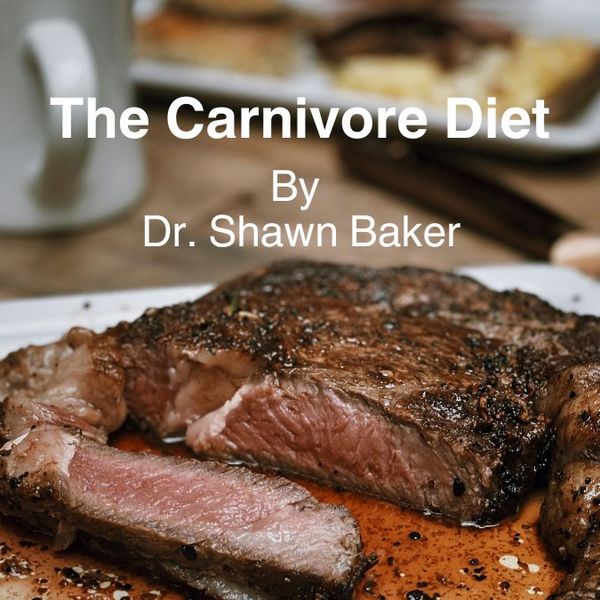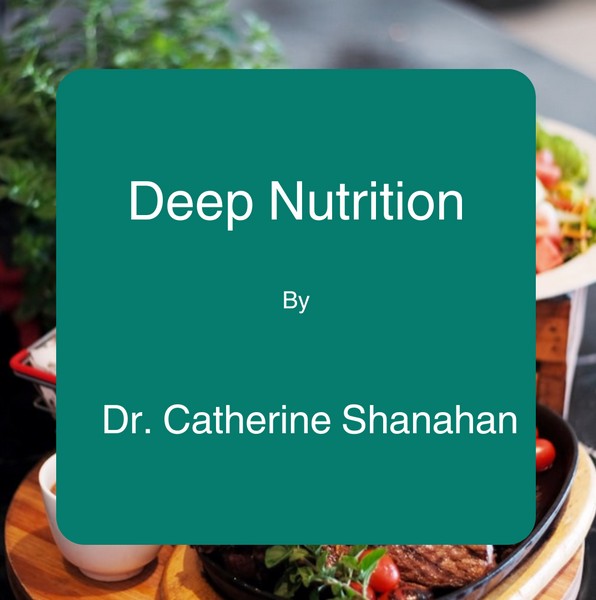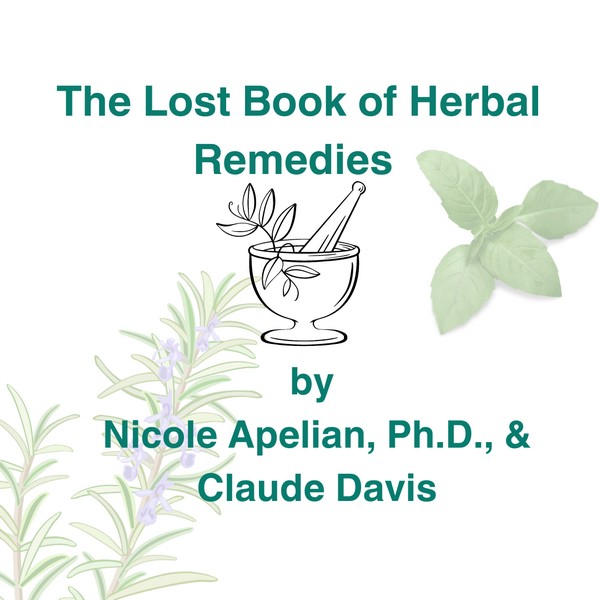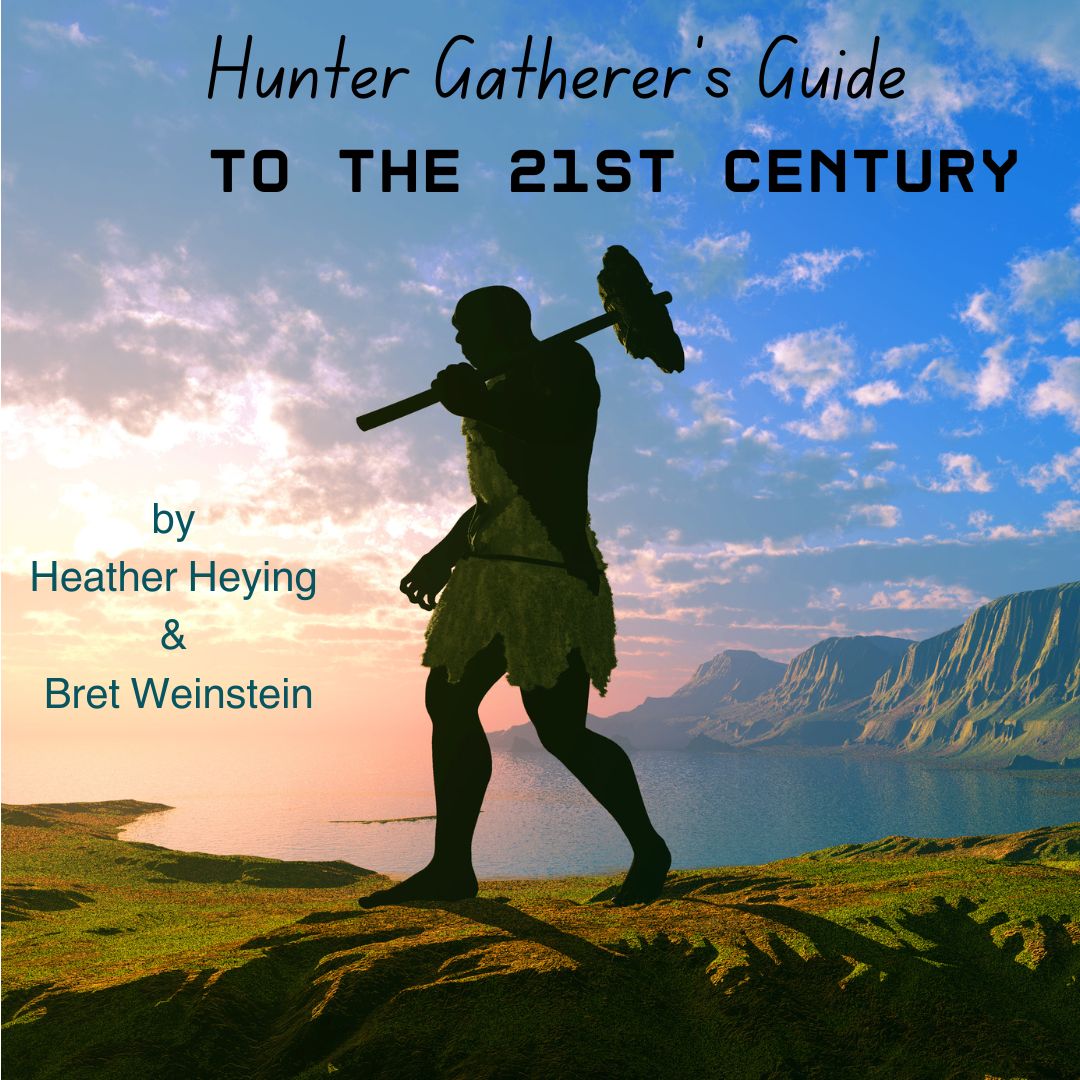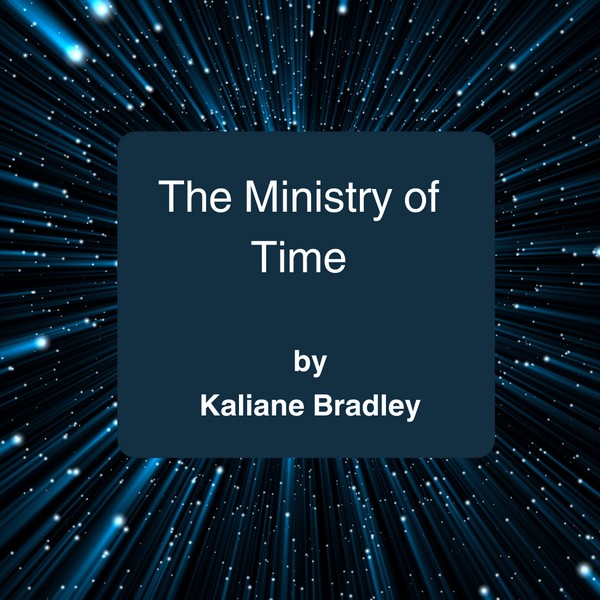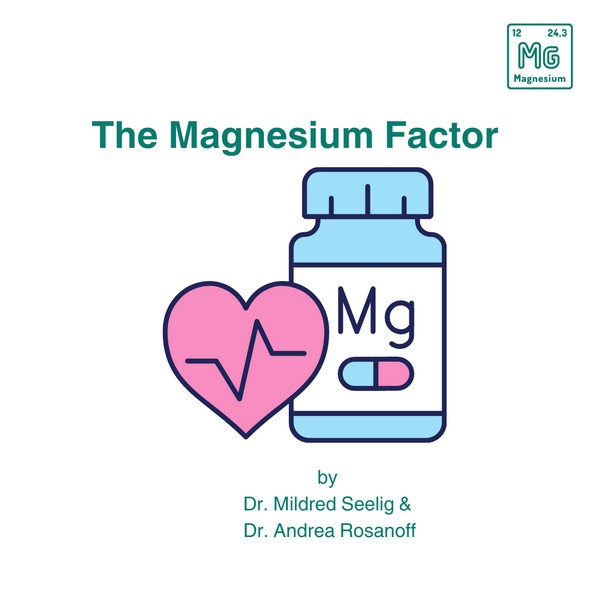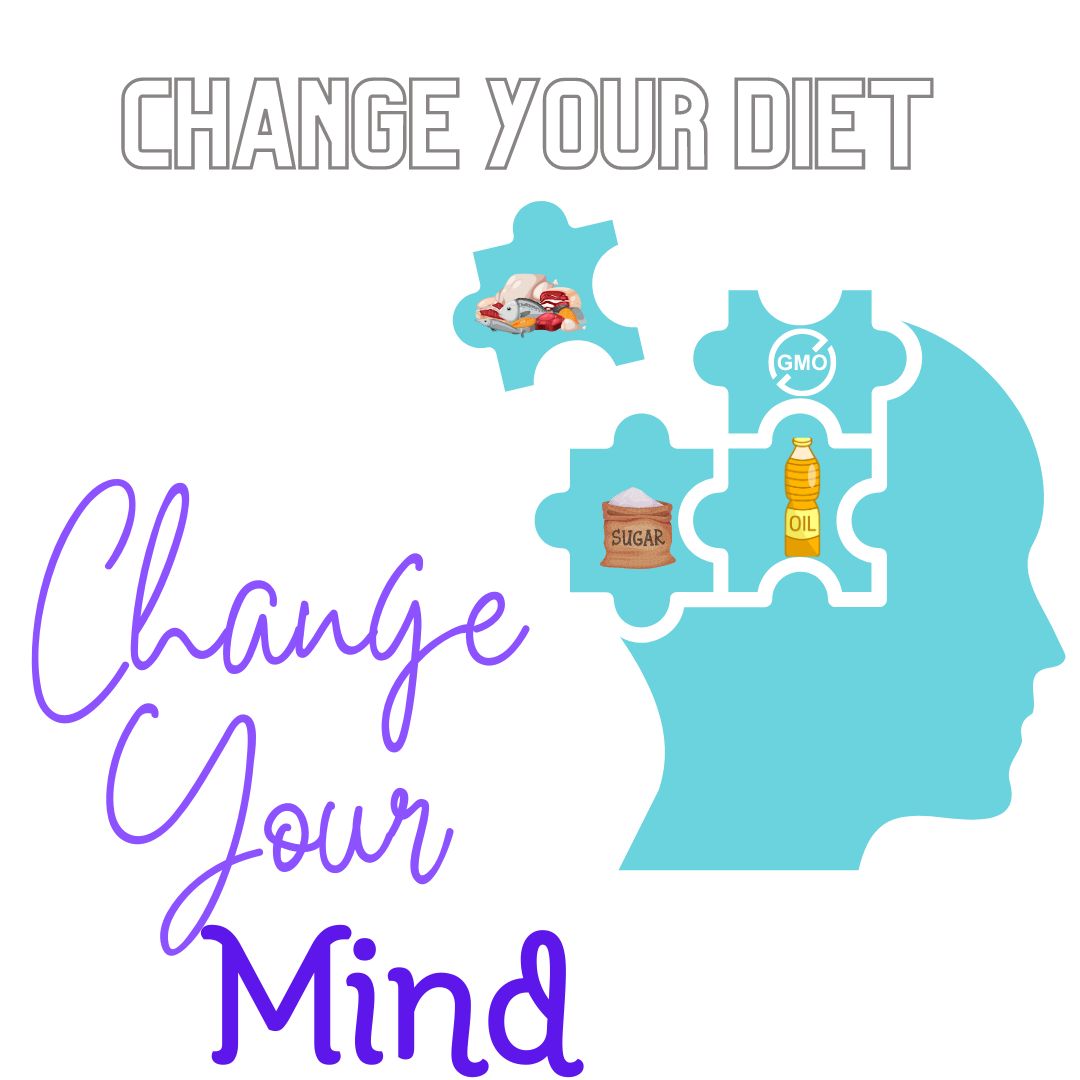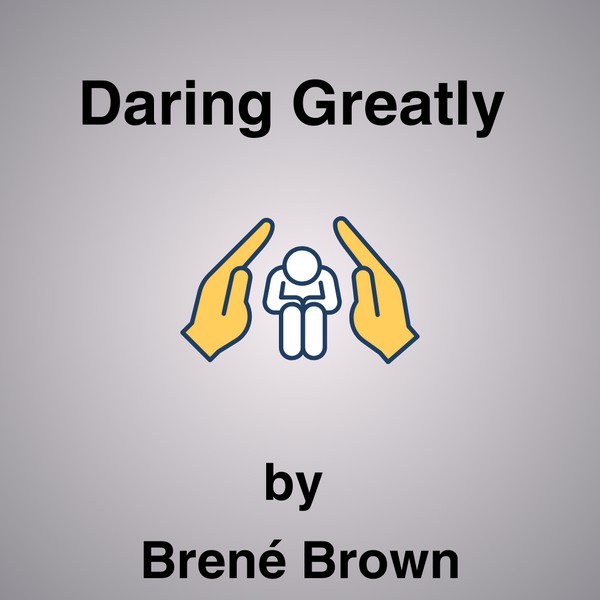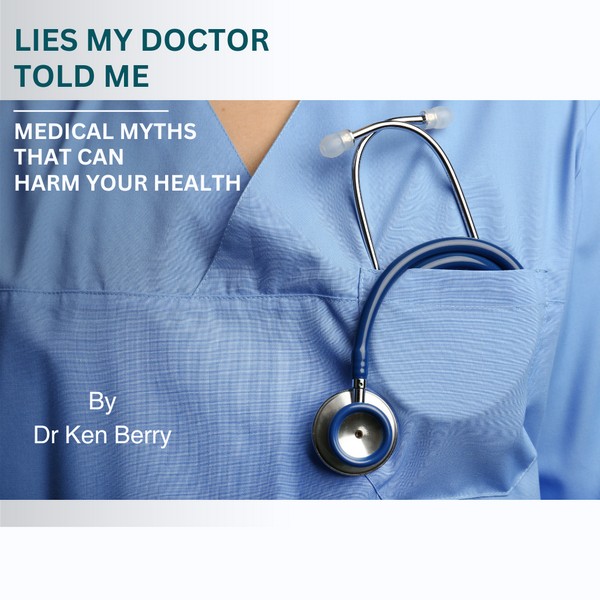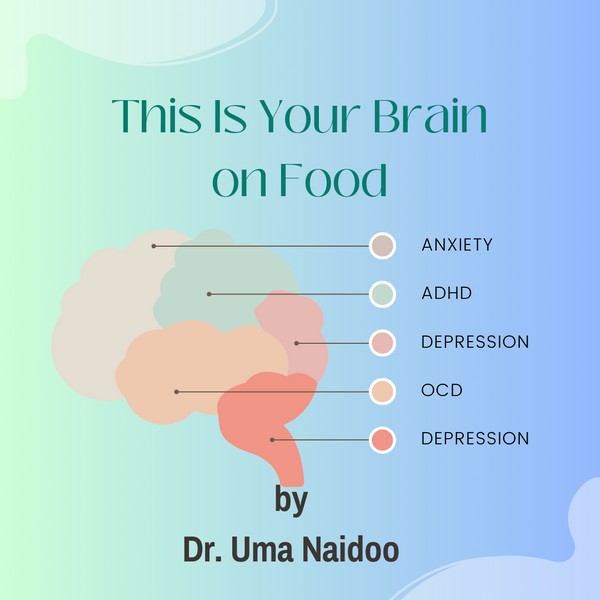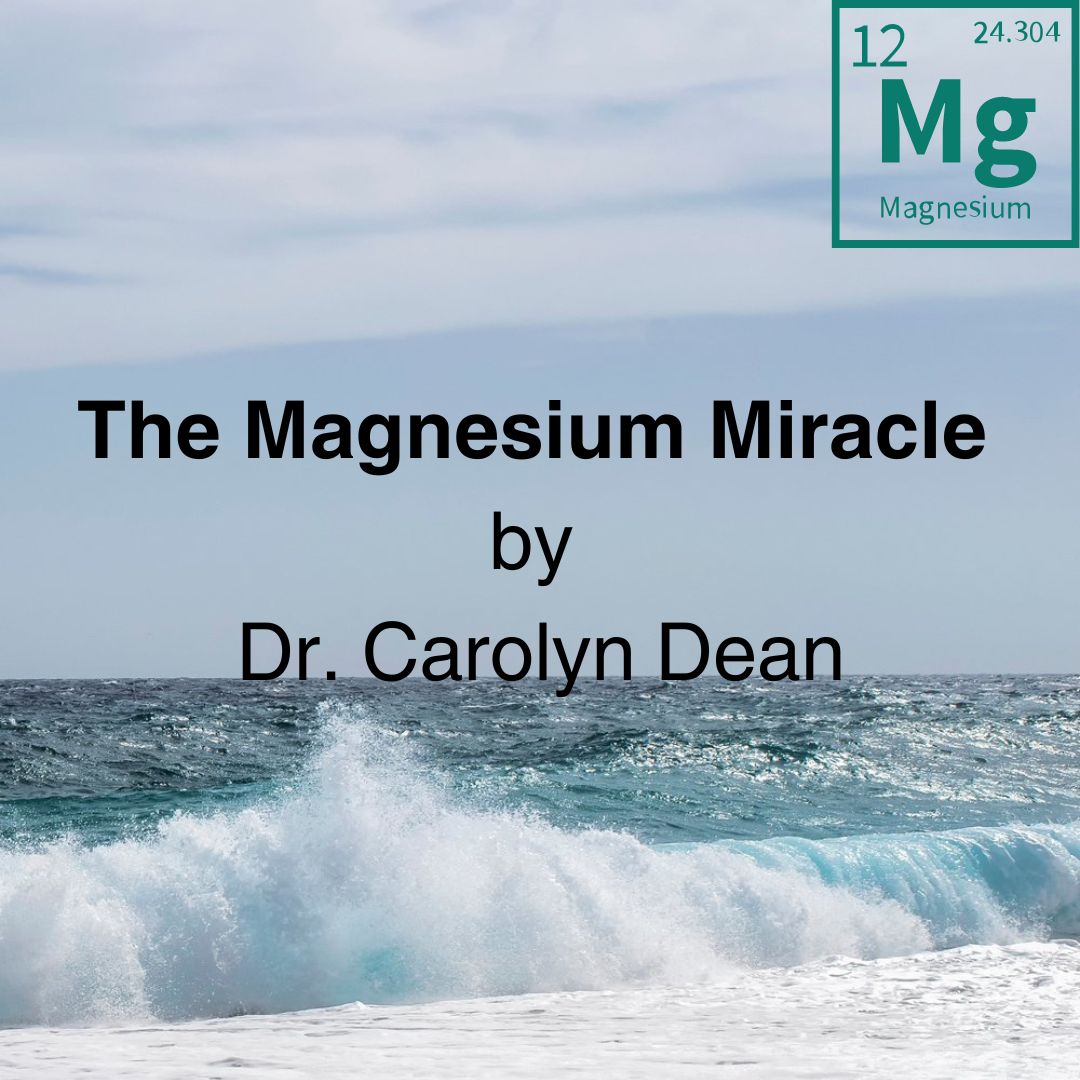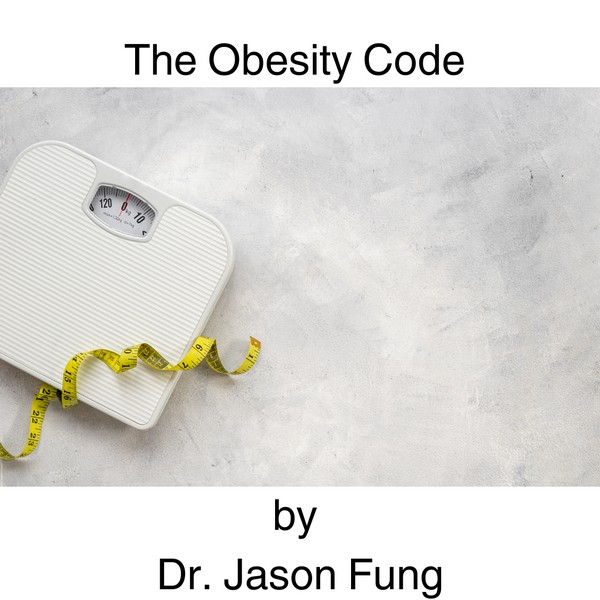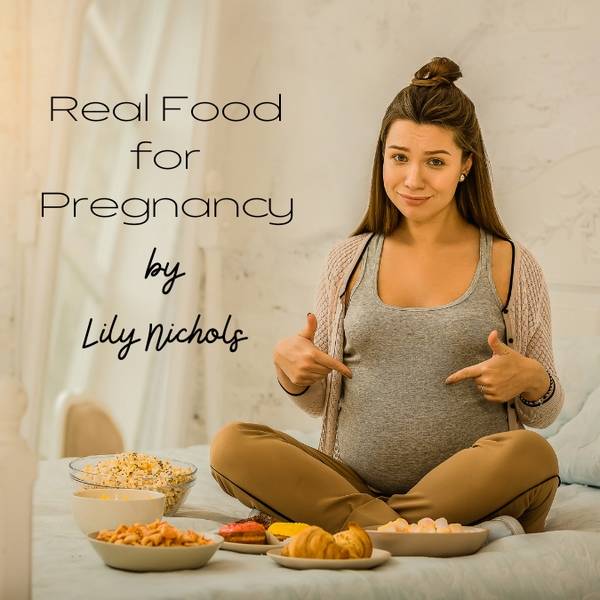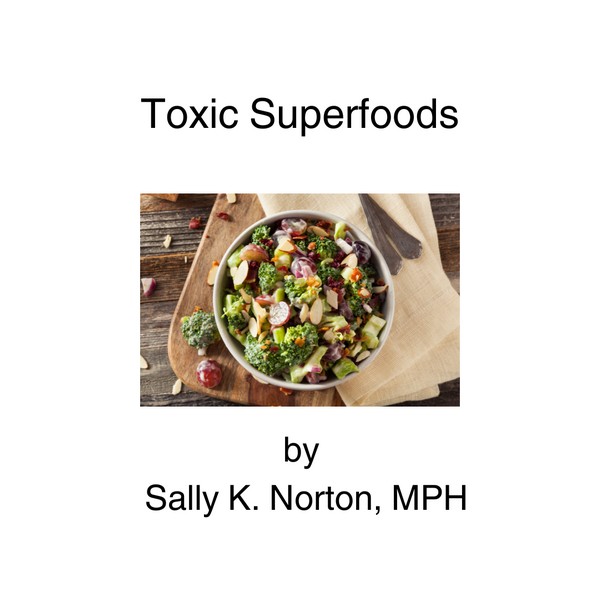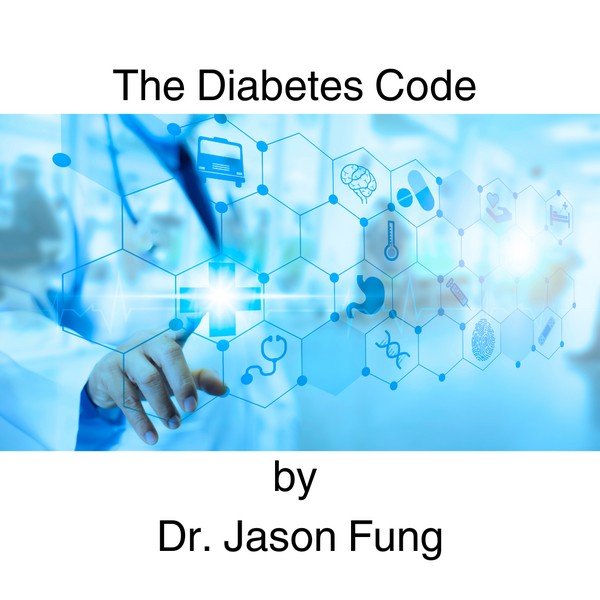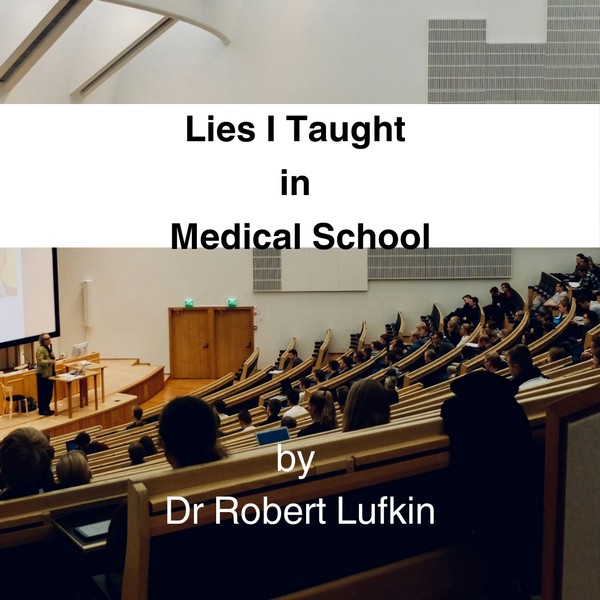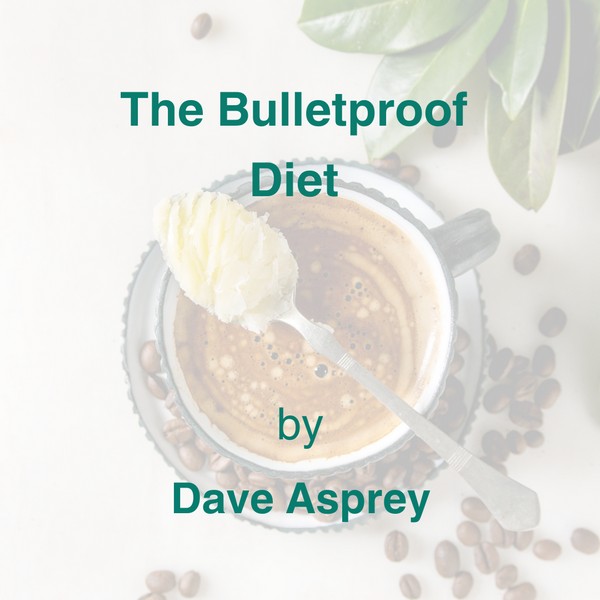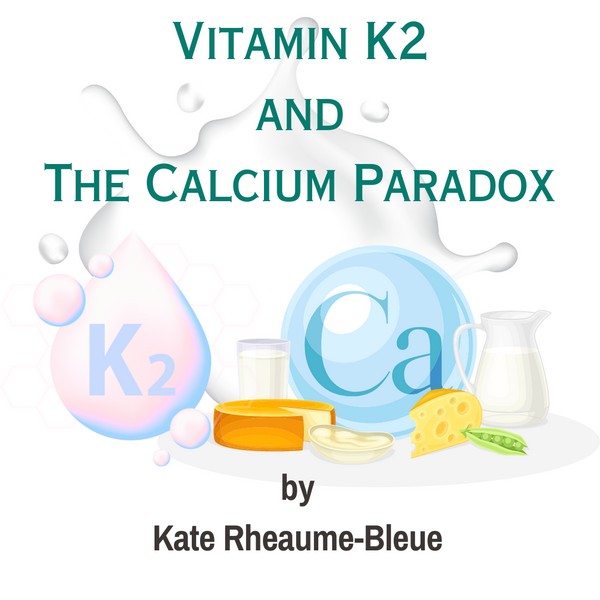Key Takeaways
- Lectins as Toxins: Lectins can cause inflammation and various health issues, Dr. Gundry argues.
- Gut Health: Maintaining gut health is linked to overall wellness and chronic disease prevention.
- Dietary Recommendations: Gundry’s plan lists approved and disapproved foods to avoid lectins.
- The Role of Evolution: Human evolution and agriculture create a mismatch between modern diets and our needs.
- Success Stories: Testimonials show improved health from following the Plant Paradox program.
Introduction
“The Plant Paradox: The Hidden Dangers in ‘Healthy’ Foods That Cause Disease and Weight Gain” by Dr. Steven R. Gundry is a controversial health book that challenges conventional dietary wisdom.
Gundry, a cardiologist and former heart surgeon, presents his theory that lectins—proteins found in many plants—are harmful to human health and contribute to a wide range of chronic diseases.
Summary of the Book
Dr. Gundry’s central thesis is that many foods commonly considered healthy, such as whole grains, beans, and certain vegetables, contain lectins that can cause inflammation, leaky gut, and autoimmune diseases.
He argues that lectins are part of plants’ defense mechanisms and can negatively affect human health when consumed in significant quantities.
The Science of Lectins: Gundry explains the biological role of lectins in plants and their potential impact on human health.
He suggests that lectins can bind to carbohydrate molecules in the gut lining, disrupting the gut barrier and triggering inflammatory responses.
Okay, so lectins are proteins that help plants protect themselves. But, what are they, exactly? To learn more check out my ultimate guide to lectins here: https://t.co/z4PqoxO8rt#gundrymd pic.twitter.com/OmnAkmebxD
— Steven Gundry MD (@DrGundry) February 23, 2023
The Plant Paradox Program: The book outlines a dietary program designed to eliminate lectins and promote gut health.
Gundry provides detailed lists of foods to avoid (e.g., beans, legumes, grains, nightshade vegetables) and foods to embrace (e.g., leafy greens, cruciferous vegetables, pasture-raised meats).
Practical Advice: Gundry offers practical tips for implementing the Plant Paradox program, including recipes, meal plans, and strategies for dining out.
He also discusses the benefits of supplements and fermented foods in supporting gut health.
Case Studies and Testimonials: Throughout the book, Gundry shares stories of patients who have successfully improved their health by following his recommendations.
These anecdotes aim to illustrate the potential benefits of the Plant Paradox approach.
Critical Analysis
Strengths:
- Innovative Perspective: Gundry’s focus on lectins and gut health offers a fresh perspective on diet and chronic disease.
- Comprehensive Plan: The book provides a detailed and practical guide for those looking to adopt the Plant Paradox diet.
- Engaging Anecdotes: Personal stories and testimonials add a human element to the scientific discussions.
Weaknesses:
- Controversial Claims: Some of Gundry’s claims about lectins and their impact on health are not widely accepted by the scientific community and may lack robust evidence.
- Restrictive Diet: The dietary recommendations can be quite restrictive, making it challenging for some individuals to follow long-term.
- Simplification of Complex Issues: The book sometimes oversimplifies the complexities of nutrition science and human biology.
There is at least some truth to the idea that lectins are far more detrimental than gluten. Dr. Gundry further explains in his plant paradox studies why lectins are bad for you and your health. https://t.co/MqjUbWb3NW
— Lectin Free Kitchen (@Lectinfreekitch) March 10, 2023
Personal Reflection and Emotional Impact
Reading “The Plant Paradox” can be both enlightening and daunting. Gundry’s arguments encourage readers to critically evaluate their dietary choices and consider the potential hidden dangers in their food.
However, the strict nature of the dietary recommendations may be overwhelming for some, requiring significant lifestyle changes.
Comparison with Other Works
“The Plant Paradox” can be compared to other dietary books that challenge mainstream nutrition advice, such as “Grain Brain” by Dr. David Perlmutter and “Wheat Belly” by Dr. William Davis.
Like these books, Gundry’s work focuses on specific dietary components as culprits for chronic diseases, though his emphasis on lectins sets it apart.
About the Author

Dr. Steven R. Gundry is a former heart surgeon and current director of the International Heart and Lung Institute and the Center for Restorative Medicine.
He has published numerous research articles and books on diet and health, with a particular focus on gut health and the role of lectins.
“The Plant Paradox” offers a unique perspective on diet and health, emphasizing the importance of gut health and the potential dangers of lectins.
While controversial, it provides valuable insights and practical advice for those interested in exploring this approach to nutrition.
Pick up your copy at Amazon
Conclusion
“The Plant Paradox” presents a provocative and challenging view on diet and health, suggesting that many foods traditionally considered healthy may actually be harmful. Dr. Gundry’s detailed program and practical advice provide a roadmap for those interested in exploring this dietary approach. However, readers should approach the book with a critical mind and consider consulting healthcare professionals before making significant dietary changes.
FAQ
Q: What are lectins?
A: Lectins are a type of protein found in many plants that can bind to carbohydrates and potentially cause inflammation and other health issues when consumed in large amounts.
Q: What foods are high in lectins?
A: Foods high in lectins include beans, legumes, grains, nightshade vegetables (such as tomatoes and peppers), and certain dairy products.
Q: What is the Plant Paradox program?
A: The Plant Paradox program is a dietary plan designed by Dr. Gundry to eliminate lectins from the diet and promote gut health. It includes lists of foods to avoid and foods to eat, along with recipes and meal plans.
Q: Are Dr. Gundry’s claims about lectins scientifically supported?
A: Dr. Gundry’s claims about the harmful effects of lectins are controversial and not universally accepted by the scientific community. Some experts argue that more research is needed to fully understand the impact of lectins on health.
Q: Is the Plant Paradox diet difficult to follow?
A: The Plant Paradox diet can be restrictive, requiring significant changes to typical eating habits. However, the book provides practical tips and recipes to help readers implement the diet.
The Body Keeps the Score by Dr. Bessel van der Kolk
Key Takeaways Explores trauma’s impact on the body and mind. Advocates for integrating neuroscience with therapy. Highlights non-traditional healing methods like yoga. Stresses importance of…
Born a Crime by Trevor Noah
Key Takeaways Trevor Noah’s biracial identity in apartheid South Africa was illegal, making his existence a crime. The book highlights the significant influence of Noah’s…
Generations by Jean M. Twenge
Key Takeaways: Jean M. Twenge explores the unique characteristics of six American generations. Analyzes data from 39 million people to show the impact of technology…
The Better Baby Book by Dr. Lana Asprey and Dave Asprey
Key Takeaways Focuses on optimal prenatal and early childhood health. Offers dietary recommendations for expecting mothers. Discusses environmental impacts on fetal development. Stresses importance of…
Brain Energy by Dr. Christopher Palmer
Key Takeaways Connects mental health with metabolic health. Proposes ketogenic diet for brain disorders. Discusses energy production’s role in mental health. Challenges traditional psychiatric approaches….
The Carnivore Diet by Dr. Shawn Baker
Key Takeaways Promotes all-meat diet for health. Argues for benefits on inflammation and autoimmune issues. Critiques conventional dietary guidelines. Discusses impacts on physical performance. Challenges…
Deep Nutrition by Catherine Shanahan, M.D.
Key Takeaways Traditional diets positively influence genetic expression and overall health. Modern diets high in processed foods and vegetable oils negatively impact health. The Four…
Can’t Hurt Me – by David Goggins
Key Takeaways Resilience: David Goggins demonstrates how overcoming adversity builds strength. Accountability Mirror: Encourages daily self-reflection for personal growth. 40% Rule: Advocates pushing beyond perceived…
Lost Book of Herbal Remedies by Nicole Apelian
Key Takeaways Details medicinal properties of common plants. Offers DIY instructions for natural remedies. Discusses plants for specific health issues. Encourages sustainable harvesting practices. Provides…
A Hunter-Gatherer’s Guide to the 21st Century by Heather Heying and Bret Weinstein
Key Takeaways Explores human evolution’s impact on modern health and behavior. Introduces “mismatch disease” concept linking past and present issues. Discusses diet, education, technology from…
The Ministry of Time by Kaliane Bradley
Key Takeaways The Ministry of Time blends time travel romance, spy thriller, and workplace comedy. Explores themes of power, love, and historical defiance. Features a…
The Magnesium Factor by Dr. Mildred Seelig & Dr. Andrea Rosanoff
Key Takeaways Explores magnesium’s role in cardiovascular health. Discusses interaction between magnesium and other minerals. Highlights symptoms of magnesium deficiency. Offers dietary advice for magnesium…
Change Your Diet, Change Your Mind by Dr. Georgia Ede
In the compelling book Change Your Diet, Change Your Mind, Dr. Georgia Ede challenges conventional wisdom about diet and mental health. Drawing on her extensive…
Daring Greatly by Brené Brown
Key Takeaways Power of Vulnerability: Emphasizes that vulnerability is not a weakness but a strength that fosters connection and creativity. Shame Resilience: Offers strategies to…
Lies My Doctor Told Me by Dr. Ken Berry
Key Takeaways Exposes common health myths. Offers evidence against outdated medical advice. Advocates for low-carb, high-fat diets. Encourages critical examination of pharmaceutical influence. Stresses on…
Don’t Believe Everything You Think by Joseph Nguyen
Key Takeaways Challenges the validity of common cognitive distortions, prompting critical self-reflection. Offers practical strategies to build and enhance mental resilience in daily life. Encourages…
Gardening at Longmeadow by Monty Don
Key Takeaways Emphasizes organic, seasonal gardening techniques. Offers practical advice for different garden sizes. Rich in personal gardening anecdotes. Highlights importance of plant positioning. Focuses…
This Is Your Brain on Food by Dr. Uma Naidoo
Key Takeaways Links diet to mental health conditions. Provides nutritional advice for anxiety and depression. Discusses gut-brain connection. Offers recipes for mental wellness. Encourages holistic…
The Magnesium Miracle by Dr. Carolyn Dean
Key Takeaways Discusses magnesium’s critical role in health. Links magnesium deficiency to numerous diseases. Offers guidance on supplementation and diet. Examines overlooked symptoms of deficiency….
The Obesity Code by Dr. Jason Fung
Key Takeaways Analyzes obesity through hormonal lens. Critiques calorie-in, calorie-out model. Advocates managing insulin to lose weight. Discusses impact of cortisol and stress. Recommends timed…
The Complete Gardener by Monty Don
Key Takeaways Advocates for a no-dig gardening approach. Stresses on organic, self-sufficient methods. Covers both aesthetic and practical aspects. Provides tips for year-round garden care….
Let’s Get Lost by Finn Beales
Key Takeaways Showcases breathtaking remote locations through striking photography. Finn Beales’ narrative style blends personal insights with vivid description. Emphasizes the raw, untouched beauty of…
Real Food for Pregnancy by Lily Nichols
Key Takeaways Evidence-Based Guidance: Challenges outdated prenatal nutrition with researched alternatives. Nutrient-Dense Foods: Stresses eating foods high in essential micronutrients for fetal development. Practical Meal…
Toxic Superfoods by Sally K. Norton
Key Takeaways Understanding Oxalates: Sources: Found in many plant foods, including spinach, almonds, and sweet potatoes. Health Impact: High oxalate intake can lead to kidney…
The Diabetes Code by Dr. Jason Fung
Lies I Taught in Medical School by Dr Robert Lufkin
Key Takeaways Metabolic dysfunction is a common cause of many chronic diseases. Conventional medical advice often overlooks the importance of metabolic health. Lifestyle changes, including…
The Bulletproof Diet by Dave Asprey
The Bulletproof Diet is a nutrition and lifestyle book authored by Dave Asprey, the founder of the Bulletproof brand. This book outlines Asprey’s approach to…
Vitamin K2 and The Calcium Paradox by Kate Rheaume-Bleue
Key Takeaways Explains Vitamin K2’s role in calcium distribution. Links deficiency to bone and heart disease. Stresses synergy between Vitamin K2 and D3. Offers food…

